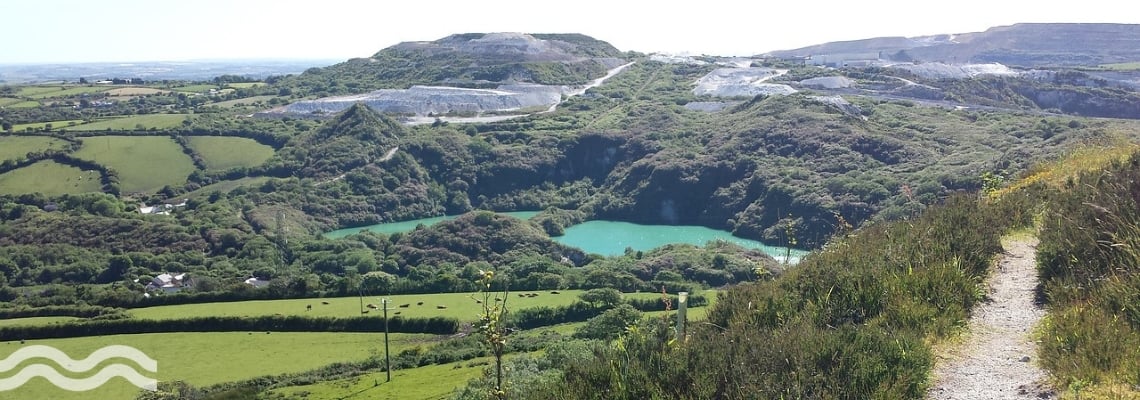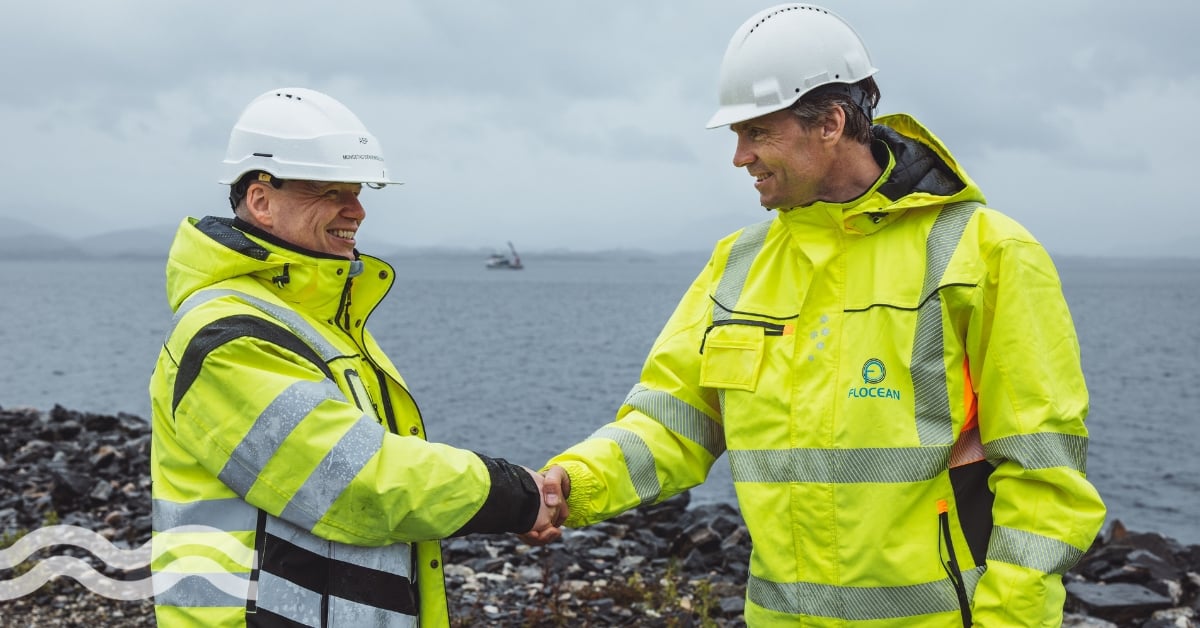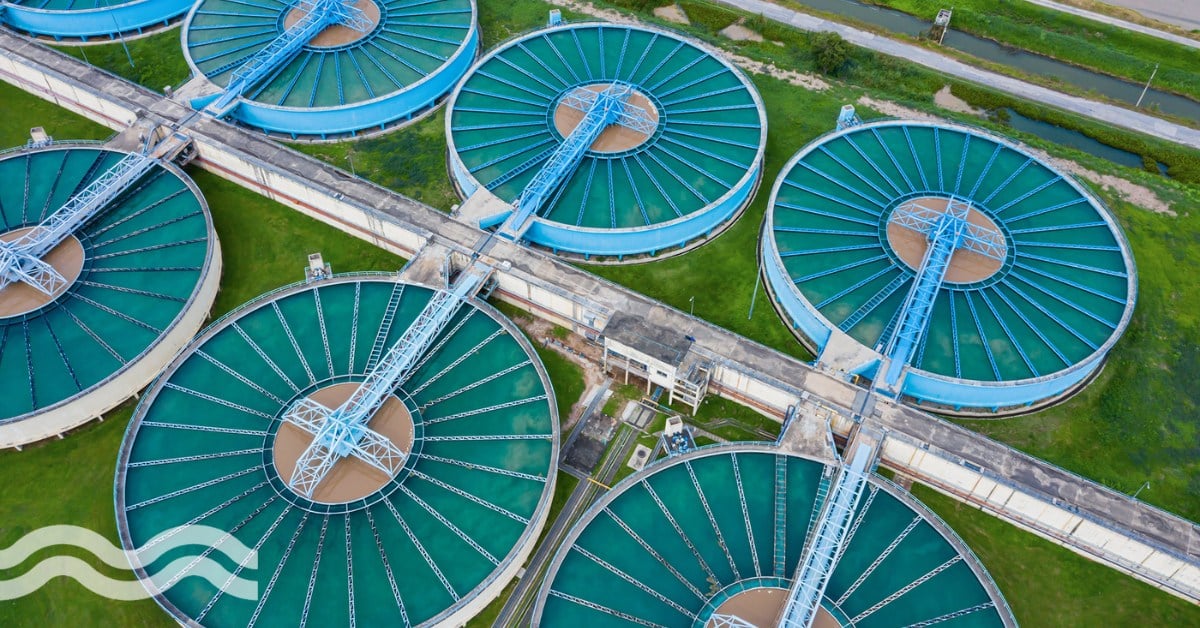Desalination plant could bolster UK water supplies, yet proves divisive

A new desalination plant could bolster water supplies in the South West UK, yet is proving divisive among the local population.
Meeting water demands of the future
As part of a £125 million investment package to create more resilient water supplies, UK utility South West Water is moving forward with plans for a UK desalination plant on the West Coast.
With a capacity of 20,000 m3/day, the development will provide water for 300,000 people in Cornwall and could eventually meet up to 40 per cent of the region's water demands in the future.
The utility has said the initial plans will include a 13km transfer pipeline to a water treatment works.
Engineering company Veolia Water Technologies & Solutions has been appointed to manufacture and supply the proposed desalination plant.
Developments have been accelerated following the 2022 drought, which South West Water said "was a real challenge for us, resulting in a hosepipe ban and need for emergency drought measures".
Climate-independent sources
Desalination is one of several measures South West Water is looking towards to help create new "climate independent sources", as well as other work to reduce leaks, encourage behavioural changes, run water efficiency campaigns and convert former clay pits into reservoirs.
"The extreme weather conditions we faced last year means we are taking proactive steps to develop climate-independent sources of water," said David Harris, drought and resilience director for South West Water.
The development will extract seawater from St Austell Bay for initial treatment at the desalination plant before being transferred to Cornwall's biggest water treatment works at Restormel for secondary treatment.
A presentation from the utility detailing more plans on the project lists the pre-treatment and filtration that will be required, as well as the membranes that will be used for the removal of dissolved salts.
Harris said the development will help the utility to become "less reliant on rainfall and more resilient against the impacts of climate change in the future".
Desalination in the UK
Elsewhere in the UK, a £250 million desalination facility treating brackish water in East London came online ahead of the city's 2012 Olympic Games.
Opened in 2010 with plans to supply up to one million people during emergencies, a report last summer in the Telegraph said the desalination plant remains out of action as the utility "lacks key chemicals needed" to run the facility.
The plant was built by a consortium that included Atkins and Spanish engineering company, Acciona Agua.
Local residents' views
As has come to be expected with new desalination developments, some local residents have not been in favour of the new Cornwall project.
Local news ITV quoted resident Jenny Tagney as saying: "We're worried about seagrass and maerl beds, which are a unique ecosystem and will be potentially destroyed if the concentrated brine goes out to the sea."
Meanwhile, the BBC quoted Jenny Tagney, chair of Friends of Par Beach, as saying: "St Austell Bay has the largest seagrass beds in the UK, and anything they're proposing out in the bay is likely to disturb the seagrass."
South West Water is undertaking a public engagement programme on the project – further information can be found here.


